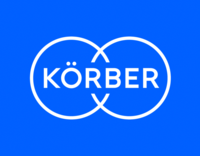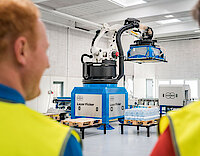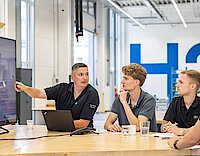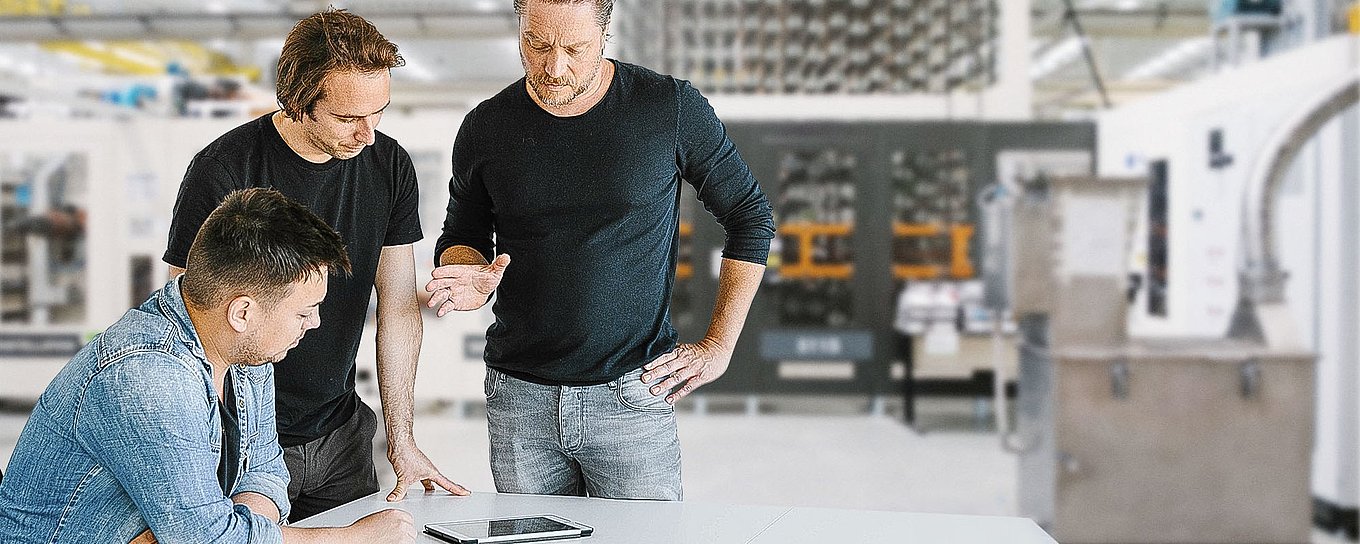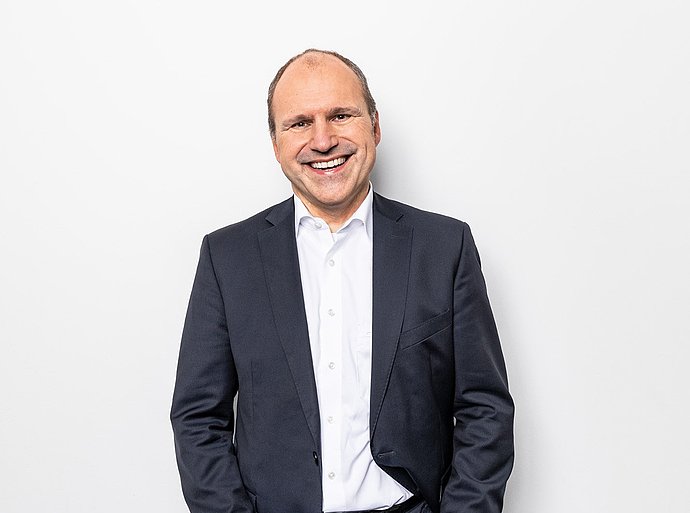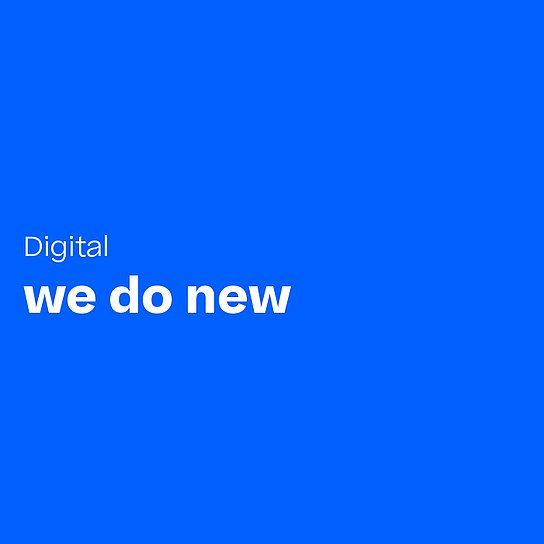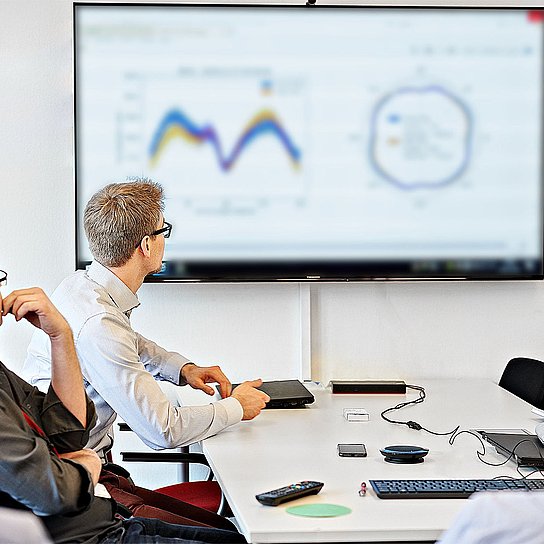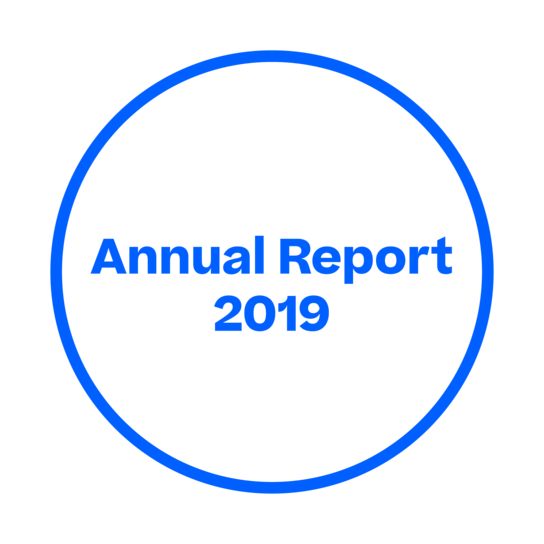Efficient, safe, convenient — a fully self-driving car is not yet ready for the market. However, it’s already clear that this is the car of the future. Its technology will work if two preconditions are fulfilled. First, these vehicles must have sufficient sensor technology on board. Secondly, they must have a powerful system of artificial intelligence (AI) that can process the sensor data in real time and interpret it meaningfully.
The situation is very similar in the world of production lines, process chains, and machines. Here too, data-driven work methods represent the future. At our company, this future has already begun: We use data science approaches and AI systems, and for a long time now we have been working with smart connected machines and production lines equipped with cameras and sensors. In the future, these technologies will support operators and engineers so extensively that many processes will be software-supported or will run with a high degree of autonomy. We have a clear goal: to ensure that our customers’ production lines run much more efficiently and thus provide a clear competitive advantage.
The development of new generations of machines that are connected from the very start is only one aspect of this goal. For us, data-driven work methods also mean helping our customers make their existing factories fit for the new opportunities offered by data utilization. Brownfield plants — in other words, plants that are being digitally retrofitted — account for more than 90 percent of the market today. Our central task in this retrofitting process is to boost the efficiency of an entire factory. This is where the creativity and know-how of our engineers come into play. Can the control system of an older machine be changed by means of a new software module that enables us to use data that already exists but has previously been inaccessible? Do we need additional sensor systems? Or do we need a combination of the two? How do we integrate machines that are not made by Körber into our software?



